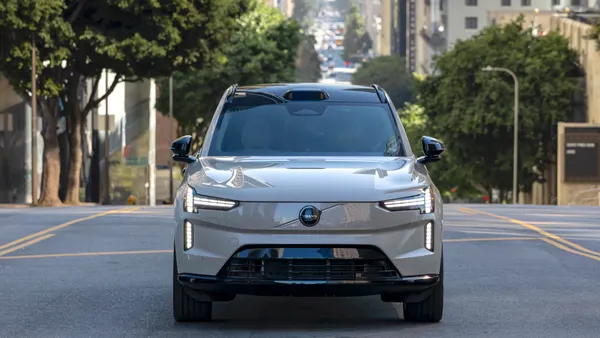Editor's note: This story is part of the WardsAuto digital archive, which may include content that was first published in print, or in different web layouts.
U.K. cars are being made with more locally sourced components as a new Automotive Council report shows domestic component makers increased sales to vehicle producers in the region by 19% last year.
The council says this marks an important step in the right direction for the once-dominant U.K. automotive supply base. About a third of the components in a U.K.-built car now are domestically sourced, a far cry from the more than 90% in the mid-1970s.
Vehicle manufacturing in the U.K. is undergoing a renaissance. Production has increased more than 50% since 2009 and this is creating new opportunities for domestic suppliers.
Business Secretary Vince Cable says the automotive industry’s resurgence in recent years means work worth about £1 billion ($1.48 billion) has returned to the U.K.
Mike Matthews, managing director of Nifco U.K., a plastics supplier to automakers based in Stockton, England, says there is a renewed optimism and confidence in the region’s auto industry and this is reflected in the company’s projected growth.
It was on the brink of closure in 2004, but increased demand and funding support led to the construction of two factories in 2012 and 2014.
“Our order book is full for the next five years and we have a clear strategy to grow the business into a £75 million ($111.1 million) company by 2016 and £100 million ($148.1 million) by 2018,” Matthews says.
The council says the locally built Vauxhall Vivaro van is an example of the upturn in local supply. The latest model, which started production last year, contains 40% U.K.-sourced components, more than twice its predecessor’s 16%.
“This means an extra £600 million ($889.1 million) will be spent with British suppliers, allowing local companies to expand – and in some cases it has saved whole factories,” the council says.
The council credits much of the new success to the U.K. Trade and Investment Dept.’s Automotive Investment Organization set up in 2013 to bring more foreign investment into the region’s automotive sector.
Since its inception, it has secured or created more than 10,000 jobs, and delivered more than £768 million ($1.1 billion) investment into the U.K. supply chain.









